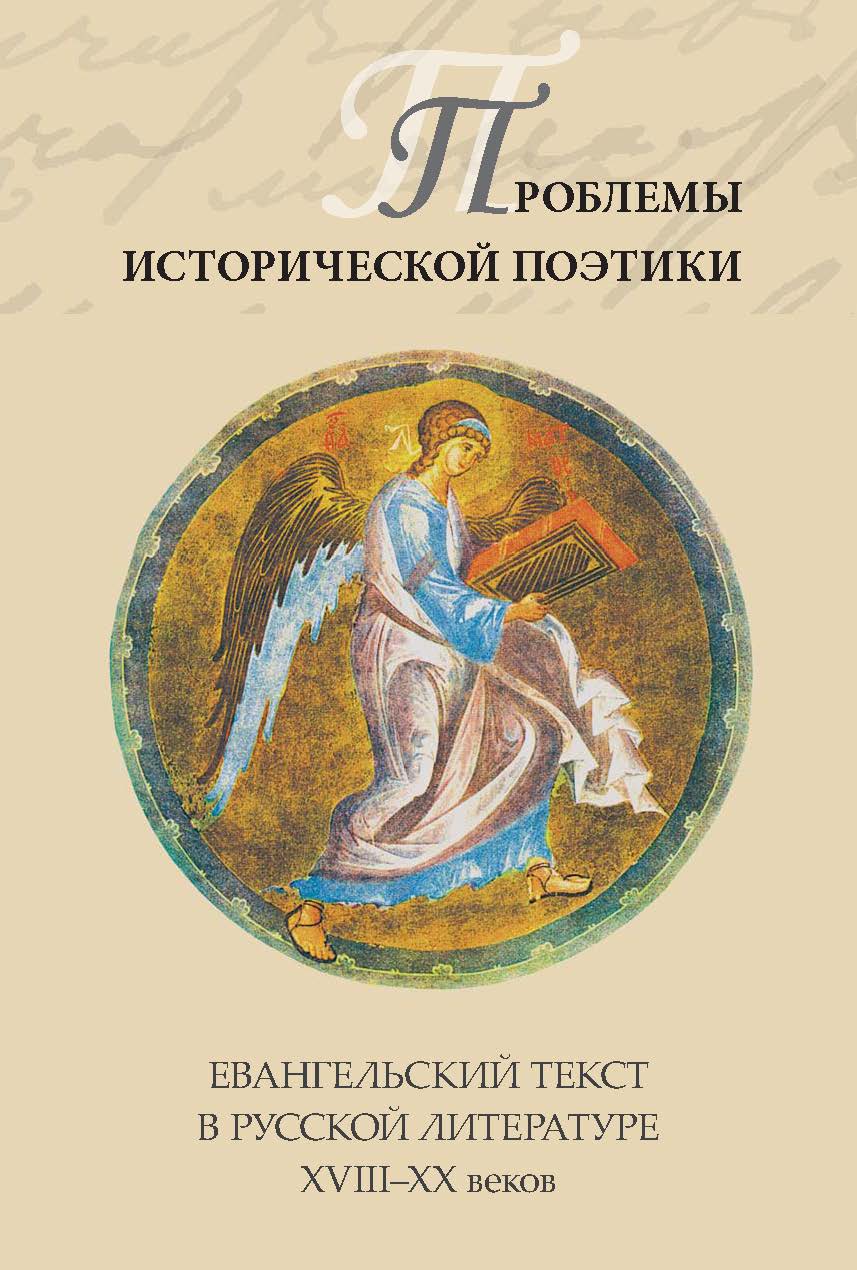«БЕССМЕРТИЕ ДУШИ МОЕЙ...»: К ВОПРОСУ О ГЕНЕЗИСЕ ПУШКИНСКОГО СТИХОТВОРЕНИЯ «Я ПАМЯТНИК СЕБЕ ВОЗДВИГ»
"IMMORTALITY OF MY SOUL...": THE GENESIS OF PUSHKIN'S POEM EXEGI MONUMENTUM (I HAVE ERECTED A MONUMENT TO MYSELF)
Author(s): Lyudmila StebenevaSubject(s): Language and Literature Studies, Literary Texts, Studies of Literature, Russian Literature, Philology
Published by: Петрозаводский государственный университет
Keywords: death; poet; memory; immortality; Christian teaching; overcoming death;
Summary/Abstract: Pushkin's overcoming of death is represented by two aspects of his work: stoical Christian acceptance of death and identification of immortality of a soul with creative heritage. A special role in understanding of this issue is given to the Kamennoostrovsky cycle of poems. Choosing the semantic counter-poles of the cycle, Pushkin opposes absolute spiritual death (Italian Imitation) against redemptional death which introduces people to Eternal life (Temporal power). Poet’s final contemplation of his past ideals in the poem From Pindemonti shows the alteration of the ideological emphasis in his artistic consciousness: An antique vector is transformed into pure aesthetics, whereas his fear of death is relieved by Christian values. These ideas reach their apotheosis in the poem Exegi Monumentum (I have erected a monument to myself), which accomplishes Pushkin’s spiritual quest of his final years, though it is not a part of his Kamennoostrovsky cycle of poems. It has been pointed out that Pushkin's bequest/manifesto themes and motifs first appeared in his Lyceum works and can be traced throughout all his creative periods.
Journal: Проблемы исторической поэтики
- Issue Year: 11/2013
- Issue No: 1
- Page Range: 93-107
- Page Count: 14
- Language: English, Russian

